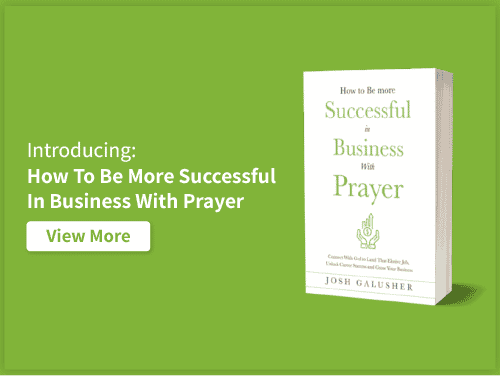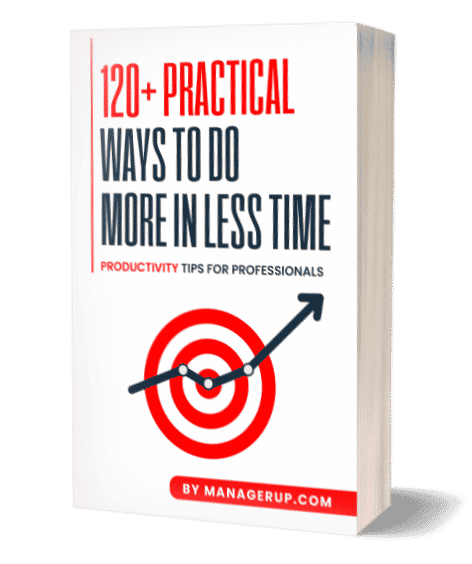Ever found yourself in the middle of a work meeting, thinking about where you might land professionally in the coming years? Or, have you had that tricky interview question thrown at you: “Where do you see yourself in 5 years?” Guess what? You’re in a sea of like-minded individuals! We all find ourselves grappling with these curious thoughts, figuring out the maze that is our future.
But planning our future isn’t just a fun daydream; it’s like a compass that helps us make important career decisions. Locke and Latham, renowned researchers in the field of goal theory, affirm that having clear and ambitious goals boosts our performance and motivation.
And achieving those goals brings immense happiness and drives us to do even better!
Now, let’s explore why we should ask ourselves, “Where do you see yourself in five years?” and how we can use it as a strong foundation for future success!
Decoding the concept behind the question: “Where do you see yourself in 5 years?”
Let’s begin by understanding the significance of the ‘five-year’ timeline in career planning.
Psychologists propose that this amount of time strikes the perfect balance between the immediate future and the more distant horizon, making it a sweet spot for goal-setting. It provides a realistic yet ambitious timeframe that allows for substantial growth and transformation.
Having a clear vision of our future selves empowers us to make informed decisions in the present, as supported by research by Dr. Tasha Eurich.
Professional Perspective: Charting Your Career in Five Years
Whether you are just starting your career, a mid-career professional, or a seasoned leader, the question of “Where do you see yourself in 5 years” is an important one. Let’s explore strategies tailored to each stage of your professional journey:
1. For Early Career Professionals
Just starting your career journey can be both exhilarating and overwhelming. As you embark on this path, the next five years are your chance to set a strong foundation for your professional development.
A research study by Callanan and Benzing suggests that one effective strategy is seeking mentorship within your organization or industry. They found that mentoring relationships can have a positive impact on career success. A mentor can provide guidance, support, and insights drawn from their own experiences.
2. For Mid-Career Professionals (1-5 Years Club)
At this stage, you likely have a better understanding of your strengths and areas for improvement.
Utilize Locke and Latham’s goal-setting theory to set clear and achievable career objectives. Setting career goals can serve as a roadmap for your professional development.
Regular feedback can also provide insights into your performance and how you’re perceived in your work environment.
3. For Seasoned Professionals (5+ Years Veterans)
With more than five years in your profession, you’ve probably established a solid skill set and started carving your niche. The key strategy at this stage is to stay updated.
An evidence-based review by Ng and Feldman emphasizes the importance of lifelong learning and skill development in career success and satisfaction. Consider pursuing advanced certifications or professional development courses to stay competitive.
4. For the Industry Shifters
Switching industries is a significant move that can unlock a world of new opportunities. Ensure you have a clear understanding of your target industry and identify transferable skills to leverage during this shift.
5. For the Senior Leaders
As a senior leader, your vision for the next five years isn’t only about personal growth. It’s about leading your team or organization towards a collective vision.
Executive leadership programs can provide you with the latest leadership strategies and a platform to exchange ideas with other leaders. Studies, such as the one by Leslie and Canwell, have shown that these programs can lead to increased leadership effectiveness and strategic decision-making.
Navigating Uncertainty: The Key to Resilient Planning
As meticulously as we may plan our future, life has a way of tossing in a few surprises. Personal circumstances, market shifts, global events – all of these can necessitate a revision of our five-year plans.
Adaptability in the face of change, as evidenced by clinical psychologist Bonanno’s research, is a key trait of resilience and leads to better outcomes. So, keep your plans flexible and be prepared to adjust as needed.
Conclusion: Envisioning Your Future Success
As we come to the end, remember, asking “Where do you see yourself in 5 years?” is not meant to box you into a rigid timeline. It’s a tool to envision your future, ignite your ambition, and inform your actions.
Regardless of your career stage, a well-crafted five-year plan can serve as your guiding star. Embrace uncertainty, remain adaptable, and stay focused on your goals. The uncertainties of life often lead to its most rewarding adventures.
So here’s to the next five years, to all the possibilities they hold, and to us, turning those possibilities into realities! Let’s get planning!





